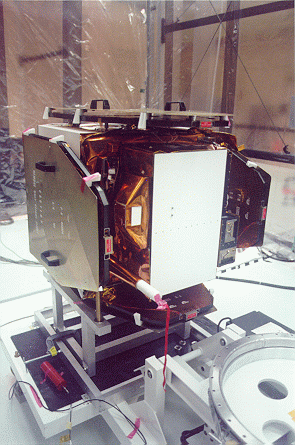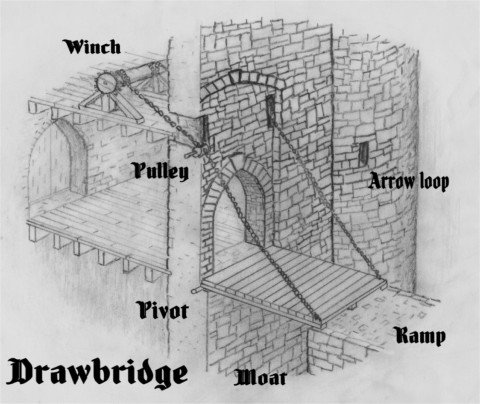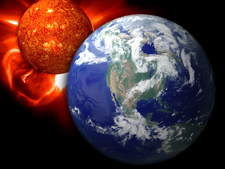 Swimming In The (astro) Pacific
Swimming In The (astro) PacificAs a newly minted, 1 year old professor, this is the deep end of the astronomy edu cation pool...
 The Phantom Of The Laboratory
The Phantom Of The LaboratoryWe are fortune here at Science20 to have come across an early work by Gaston Leroux. This...
 Engineering Roleplaying
Engineering RoleplayingHey, you got simulation in my roleplay! Hey, you got roleplay in my simulation! Wait, it's two...
 Stars That Ring Like Bells
Stars That Ring Like BellsTime to ring in a new year with pressure waves. We can see, but not, hear true sonic waves...









